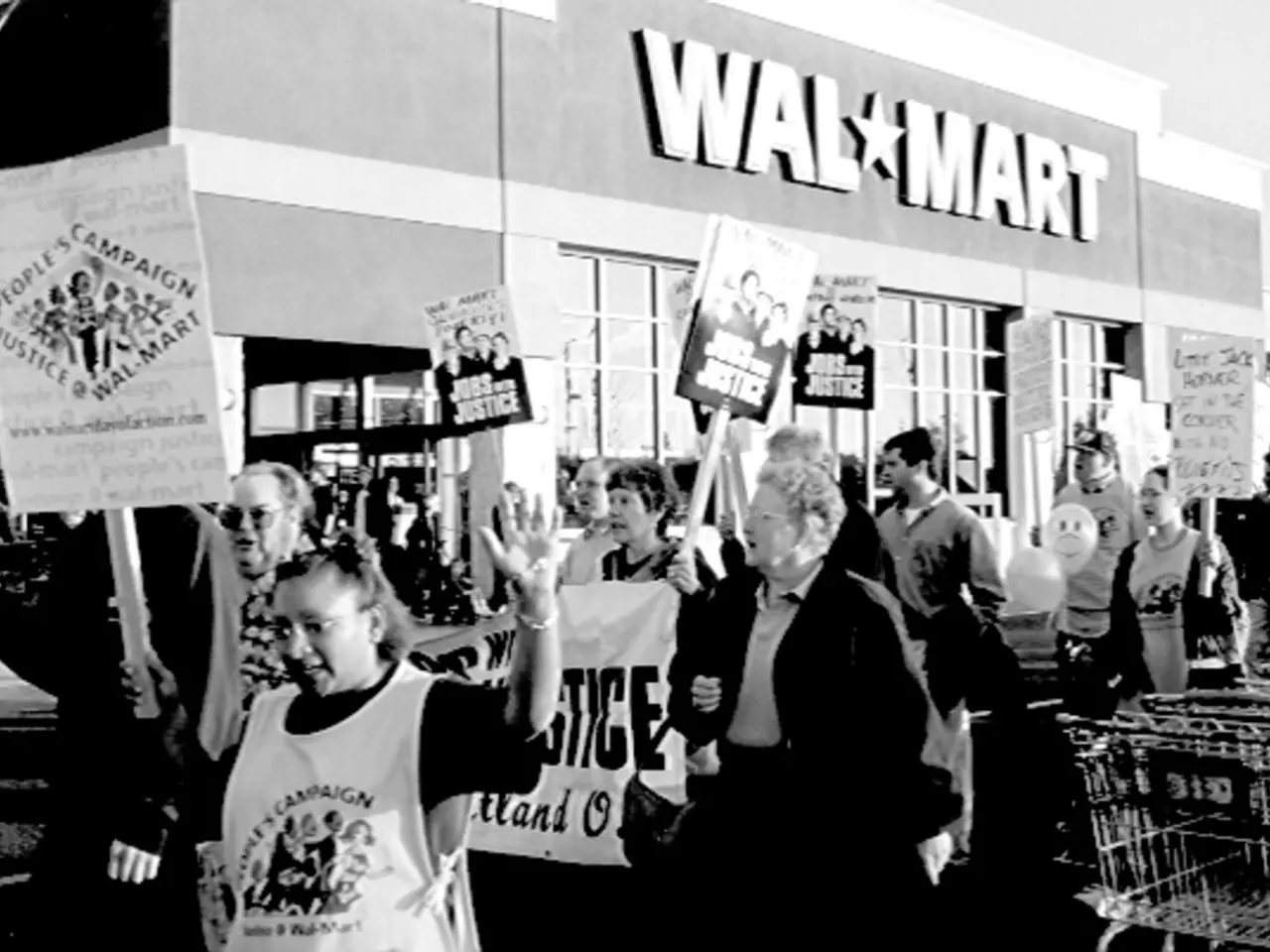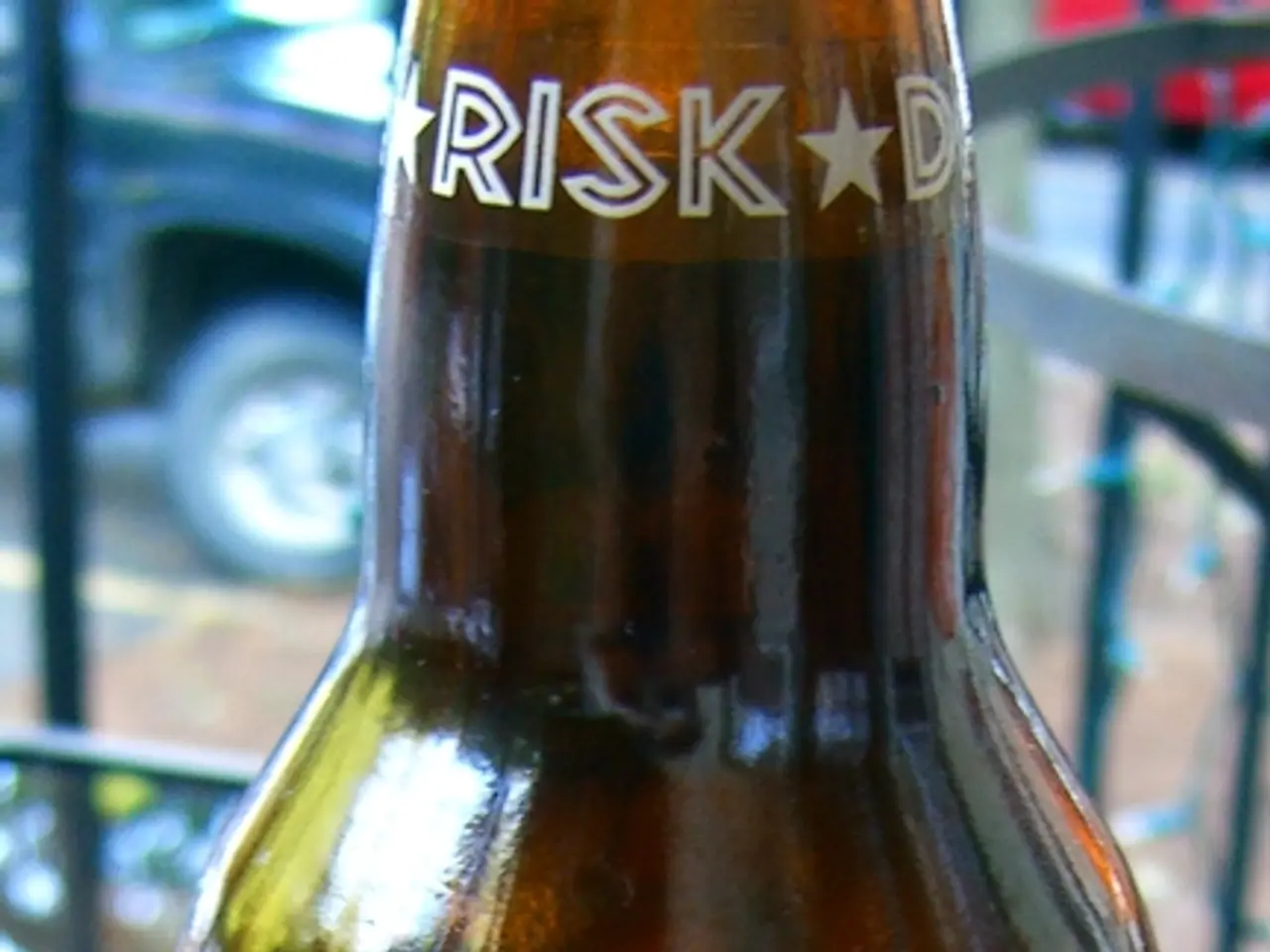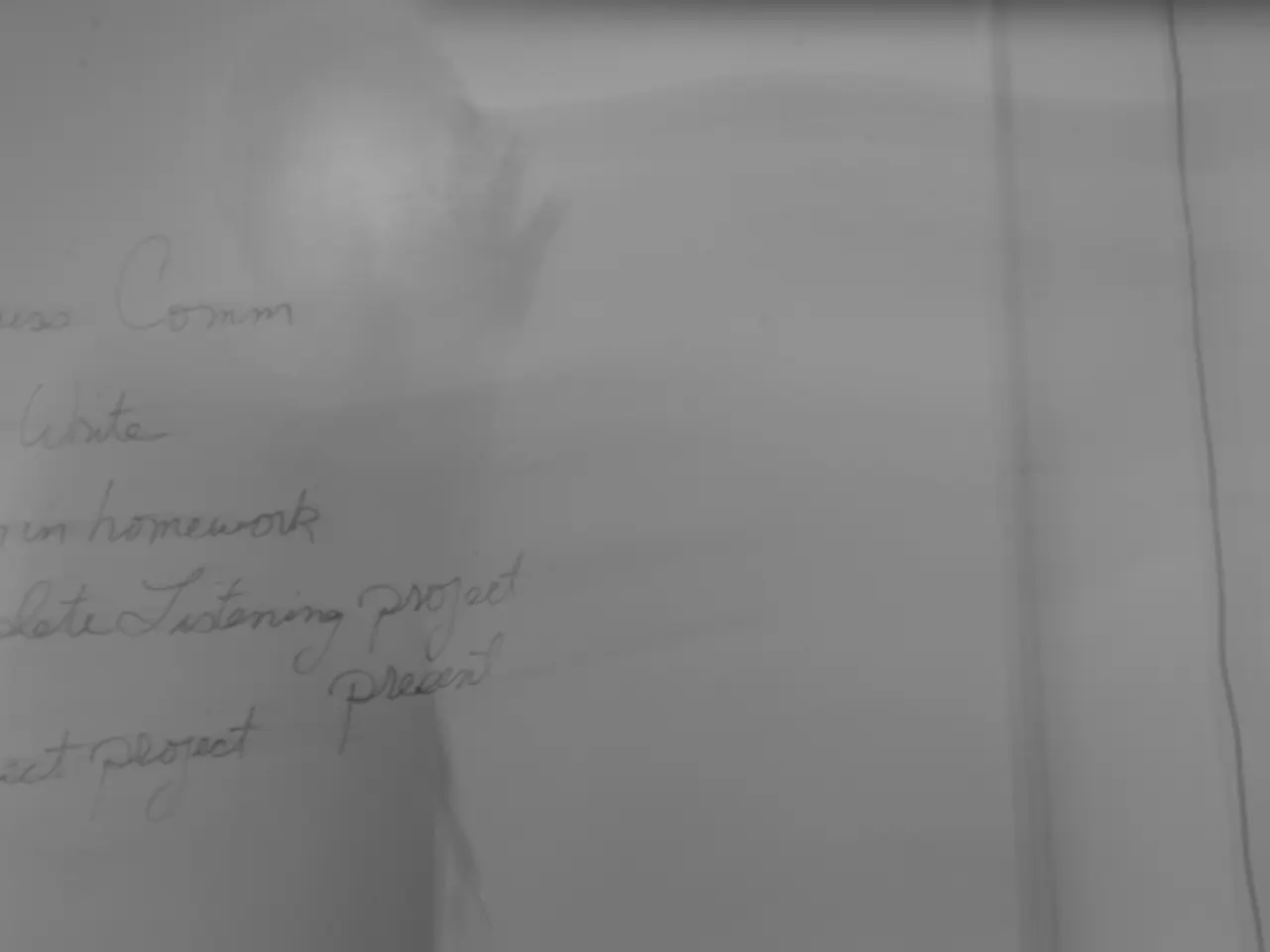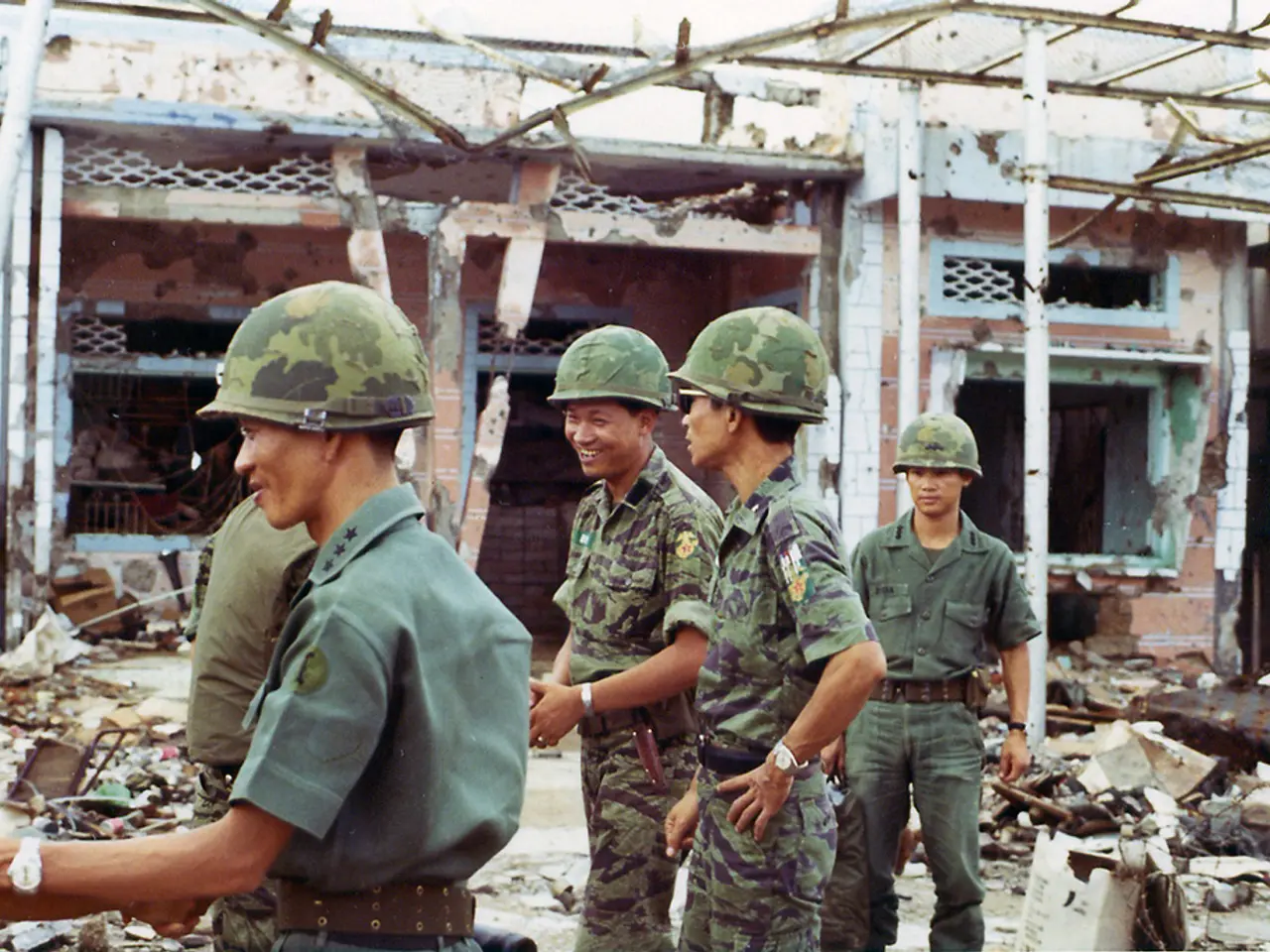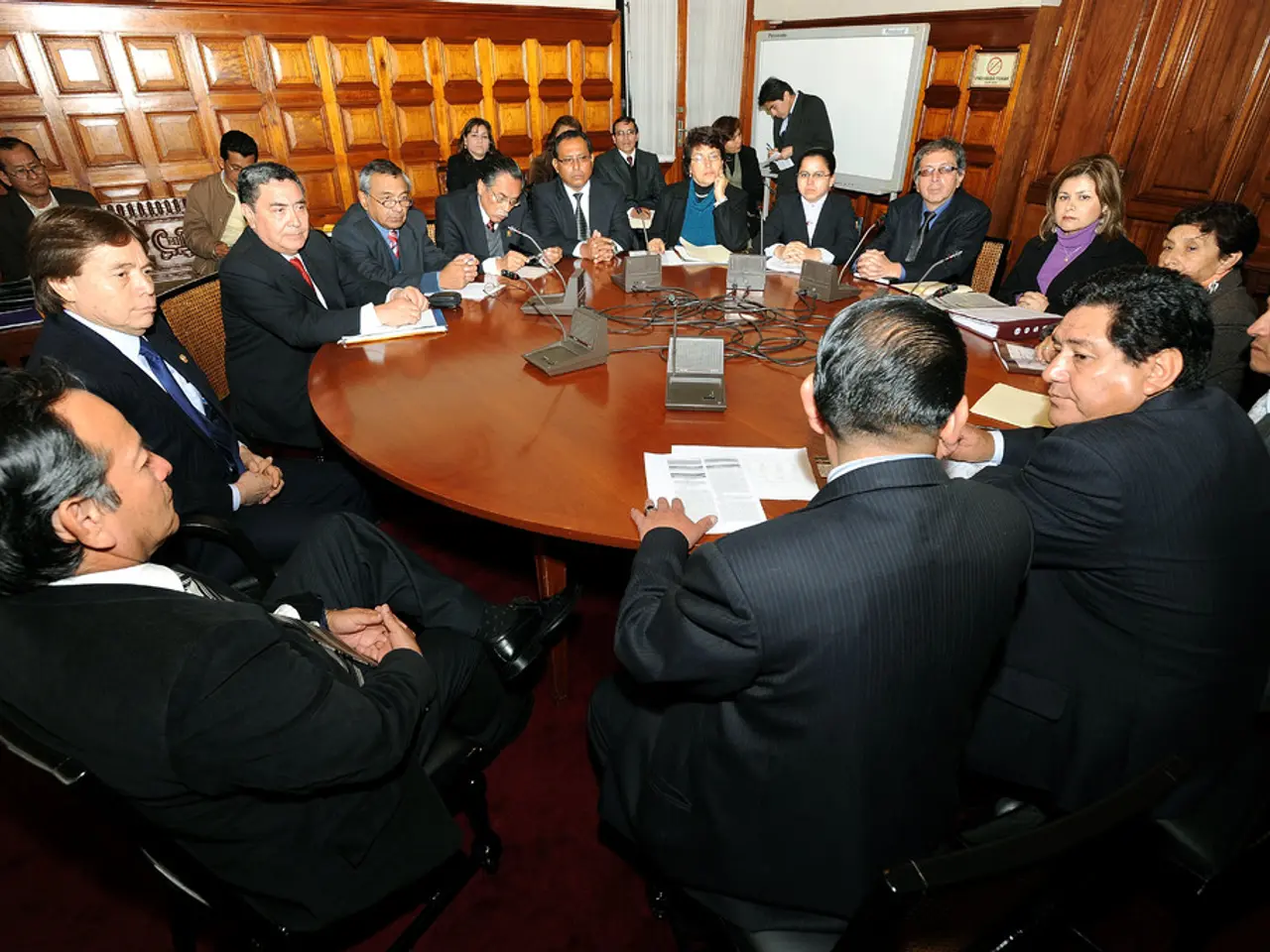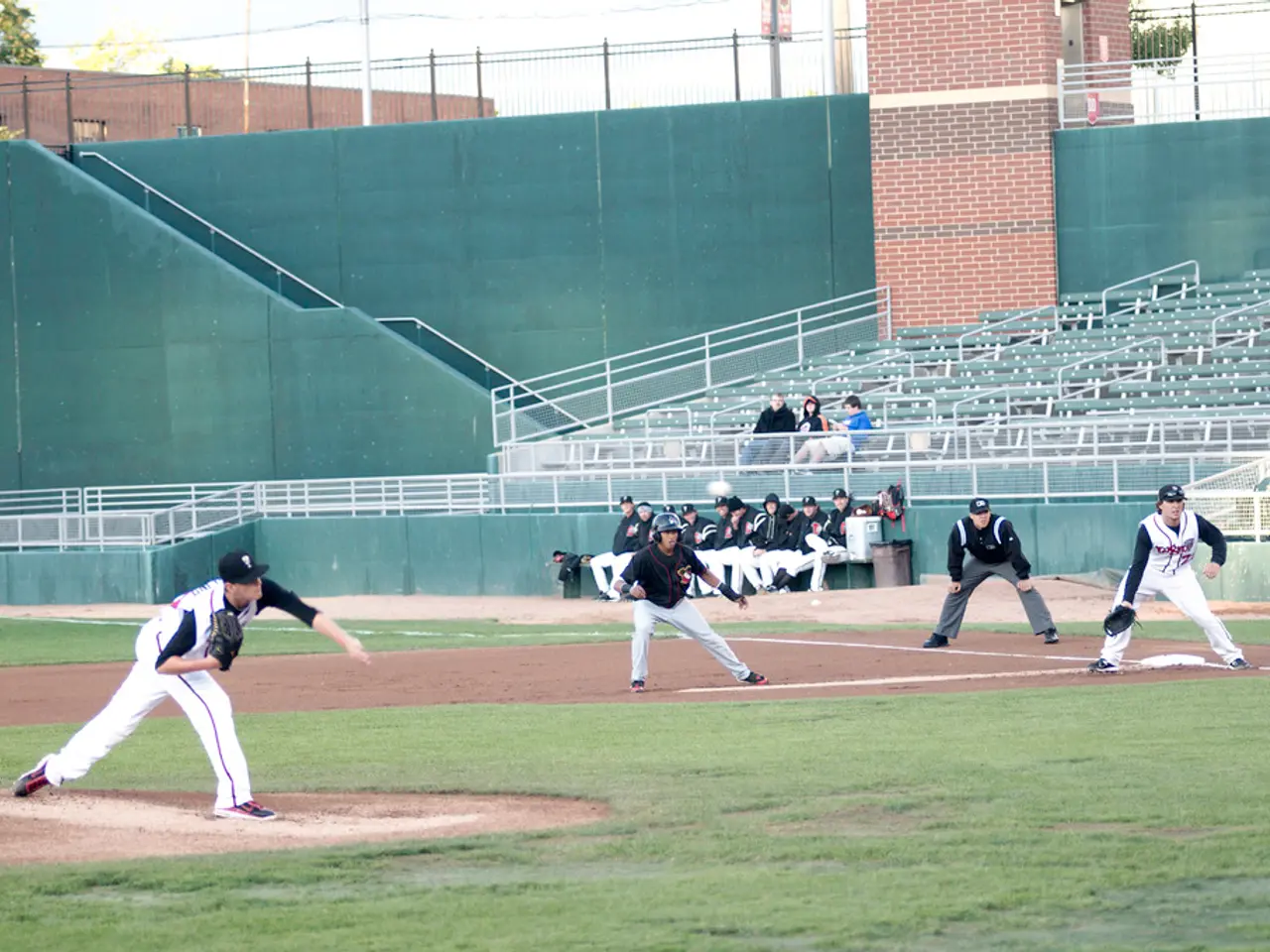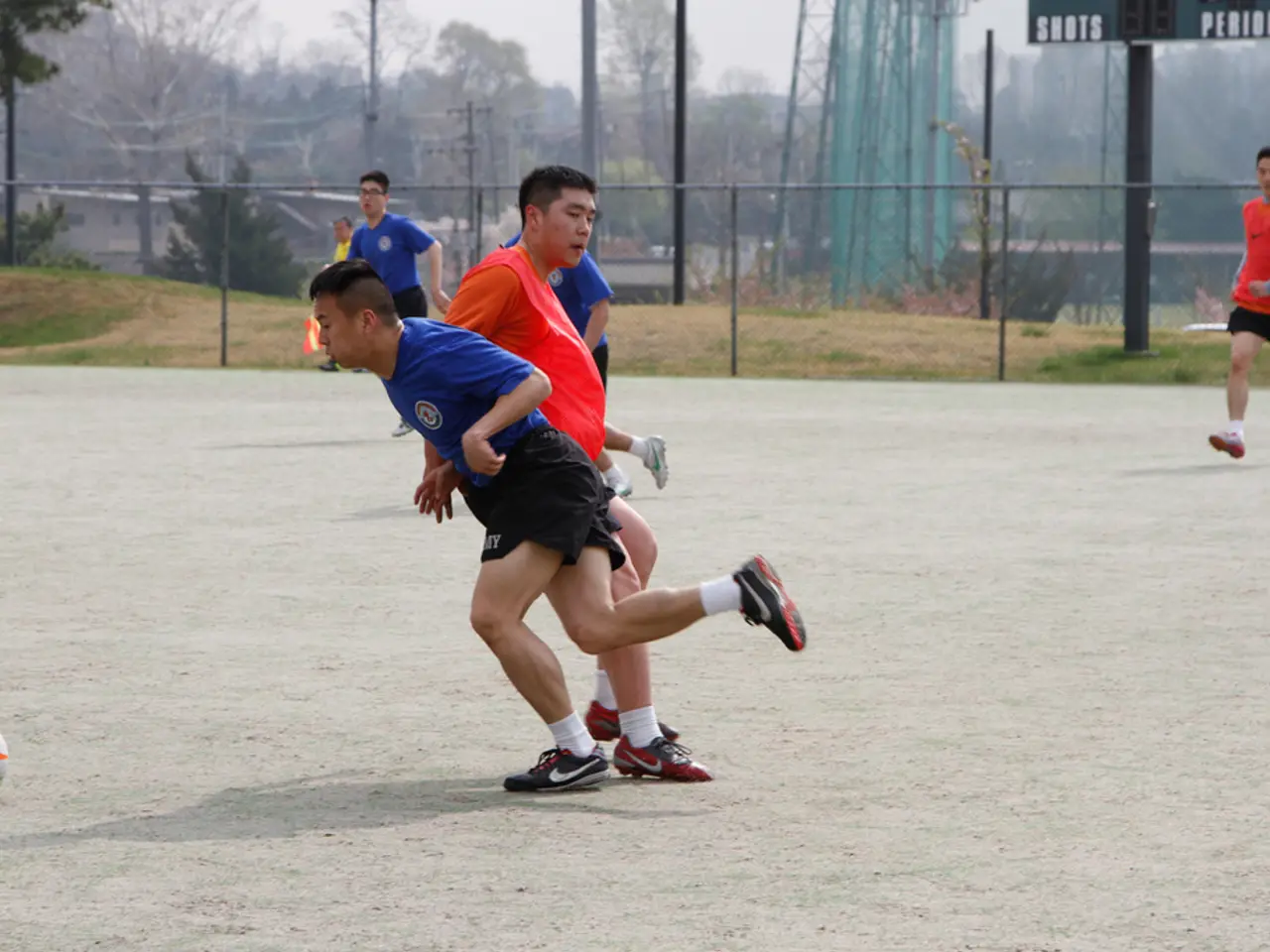Hearing commences for twelve democracy advocates in Hong Kong's appeal proceedings - Process initiated for challenging the conviction of 12 pro-democracy advocates in Hong Kong
The much-anticipated appeal trial for twelve democracy activists in Hong Kong commenced on July 14, 2025, marking a significant moment in the city's political landscape. The trial, scheduled to last for ten days, is a crucial test for free expression and a reflection of the tightening grip on political opposition and freedom of speech in the region.
The key defendants in this appeal include well-known figures such as Owen Chow, who received the harshest sentence of seven years and nine months, as well as ex-lawmakers Leung Kwok-hung ("Long Hair"), Lam Cheuk-ting, Helena Wong, and Raymond Chan. One appellant, former district councilor Michael Pang, withdrew his appeal, leaving the remaining twelve activists to continue the process.
These activists were originally convicted last year for their role in unofficial primaries for the 2020 Legislative Council election, which authorities deemed a subversive plot. The trial is based on the national security law enacted by Beijing on June 30, 2020, a law that has been a point of contention in the trial.
Amnesty International has taken a strongly critical stance on this trial, with Sarah Brooks, the China Director of the organisation, describing the hearings as a "crucial test" for freedom of expression in the Chinese special administrative region. Amnesty views the trial and sentencing under Hong Kong’s Beijing-imposed national security law as a significant erosion of freedoms and suppression of peaceful political dissent.
Until recently, Hong Kong was renowned as a bastion of free speech in China. However, since the enactment of the national security law, the central government has targeted critics under charges of secession, subversion, terrorism, or collusion with foreign forces. As a result, the national security law has led to increased scrutiny and prosecution of democracy activists in Hong Kong.
The verdicts from the appeal hearings are expected to be significant for freedom of expression in Hong Kong. The trial is a test for the central government's commitment to upholding the rule of law in Hong Kong, and its implications extend beyond the city, serving as a barometer for the broader democracy and human rights situation in the region.
Interestingly, the public's interest in trials against the democracy movement appears to be waning. This could be attributed to the national security law, which has been a factor in the decreased public interest. The law has been used to curtail freedoms that were previously protected in Hong Kong, leading to a sense of desensitisation among the public.
The trial is significant as it tests the limits of free speech in the Chinese special administrative region. As the hearing unfolds, the world watches with bated breath, hoping for a fair and just outcome that upholds the principles of democracy and freedom of expression.
- In light of the ongoing appeal trial for twelve democracy activists in Hong Kong, EC countries are closely monitoring the situation, considering its implications for policy-and-legislation regarding employment of citizens in war-and-conflicts zones.
- Given the tightening grip on political opposition and freedom of speech in Hong Kong, understanding the regional employment policy towards those voicing dissent could be crucial under the general-news and crime-and-justice categories.
- As the trial progresses, the international community, including those in the field of politics, will be watching closely to assess the central government's commitment to upholding the rule of law in Hong Kong, which may influence employment policies regarding political activism in policy-and-legislation discussions.
